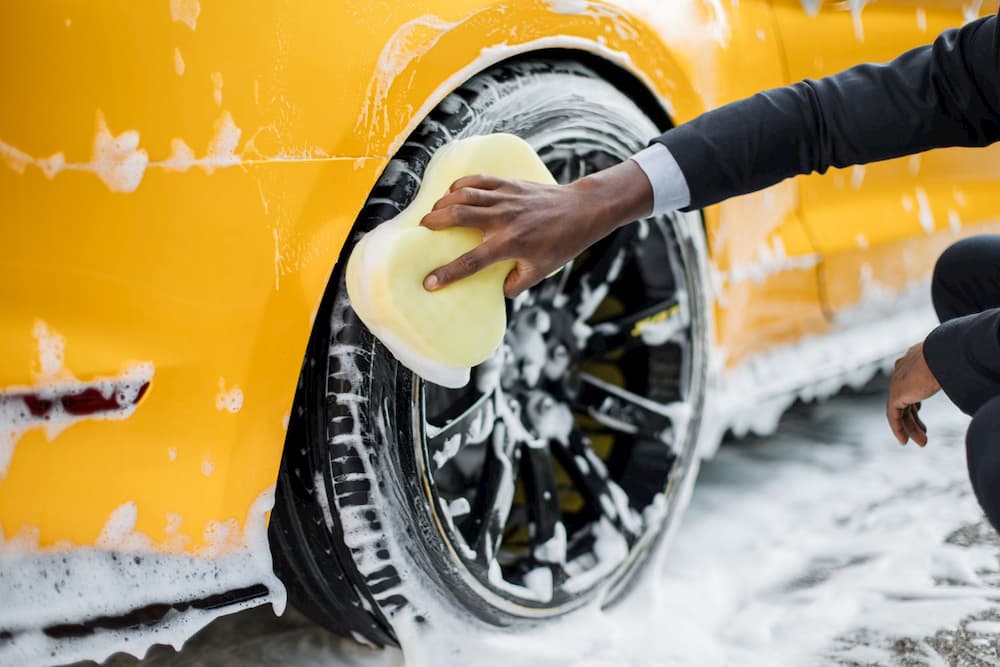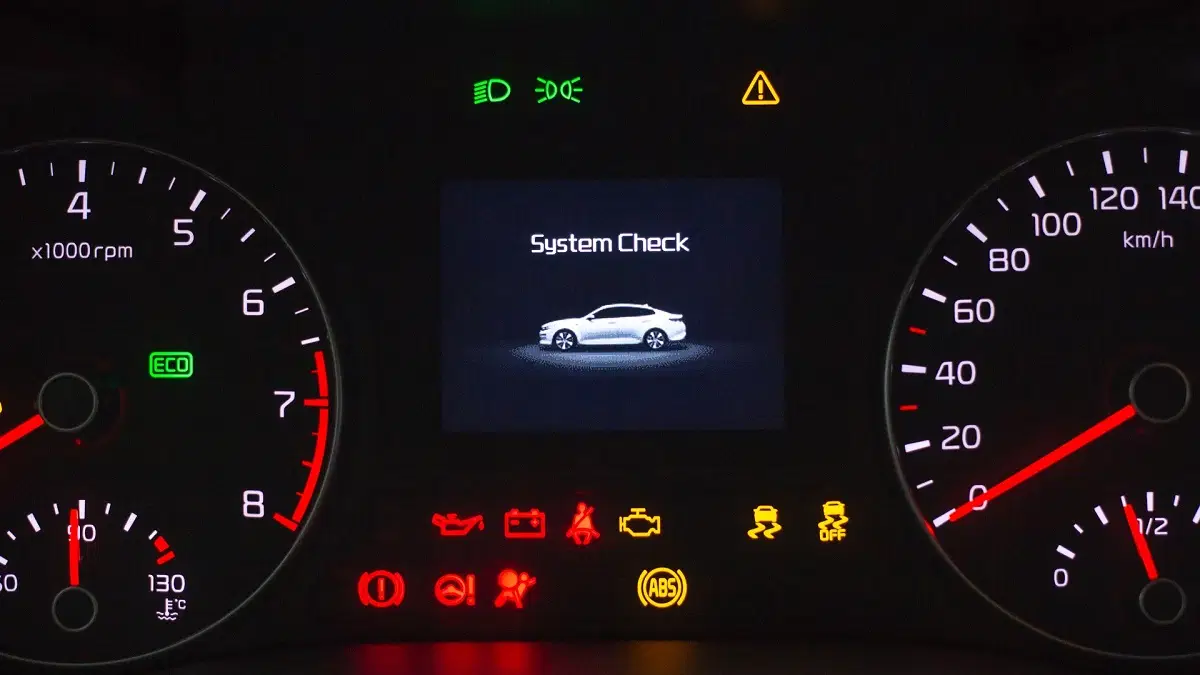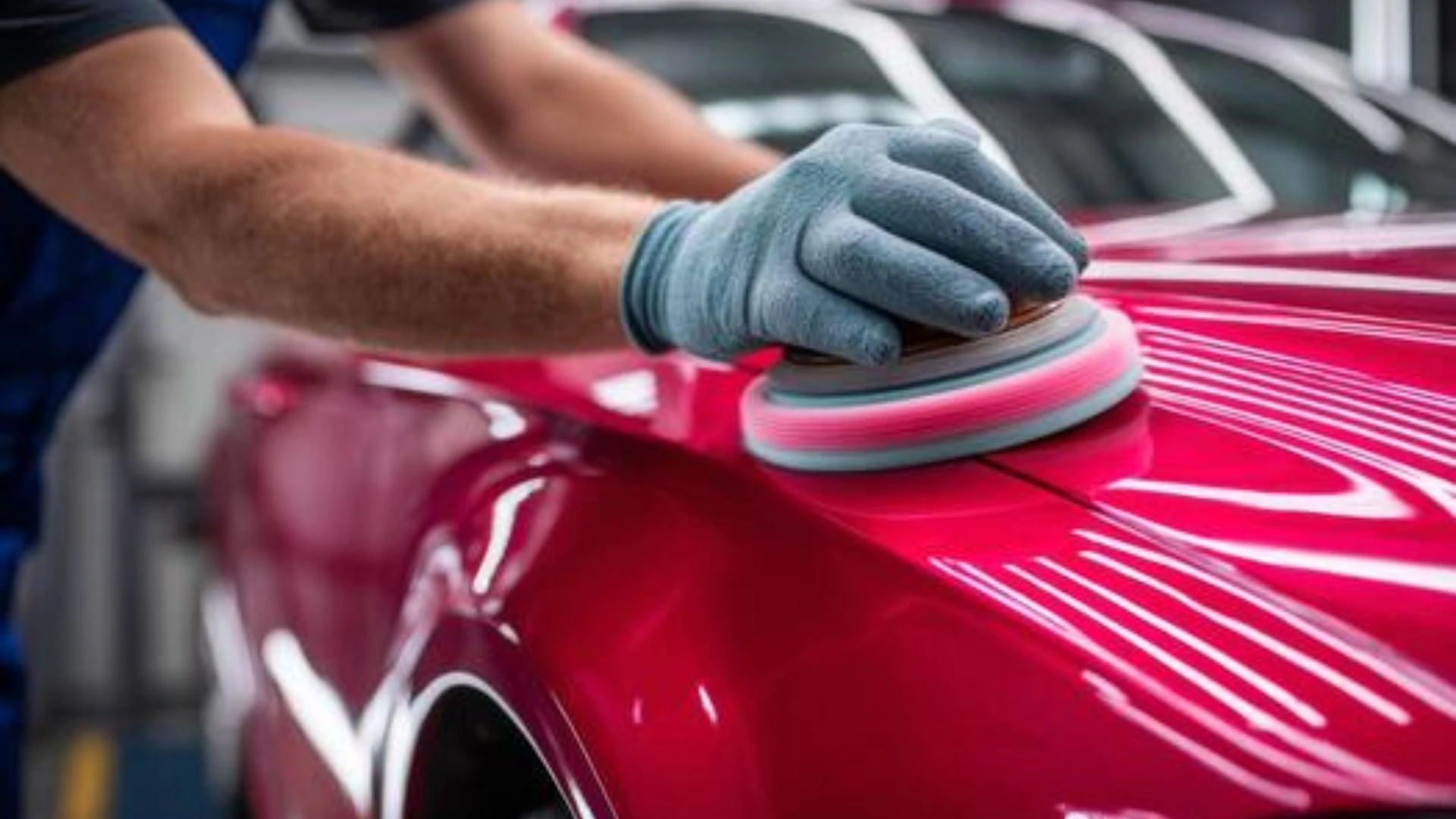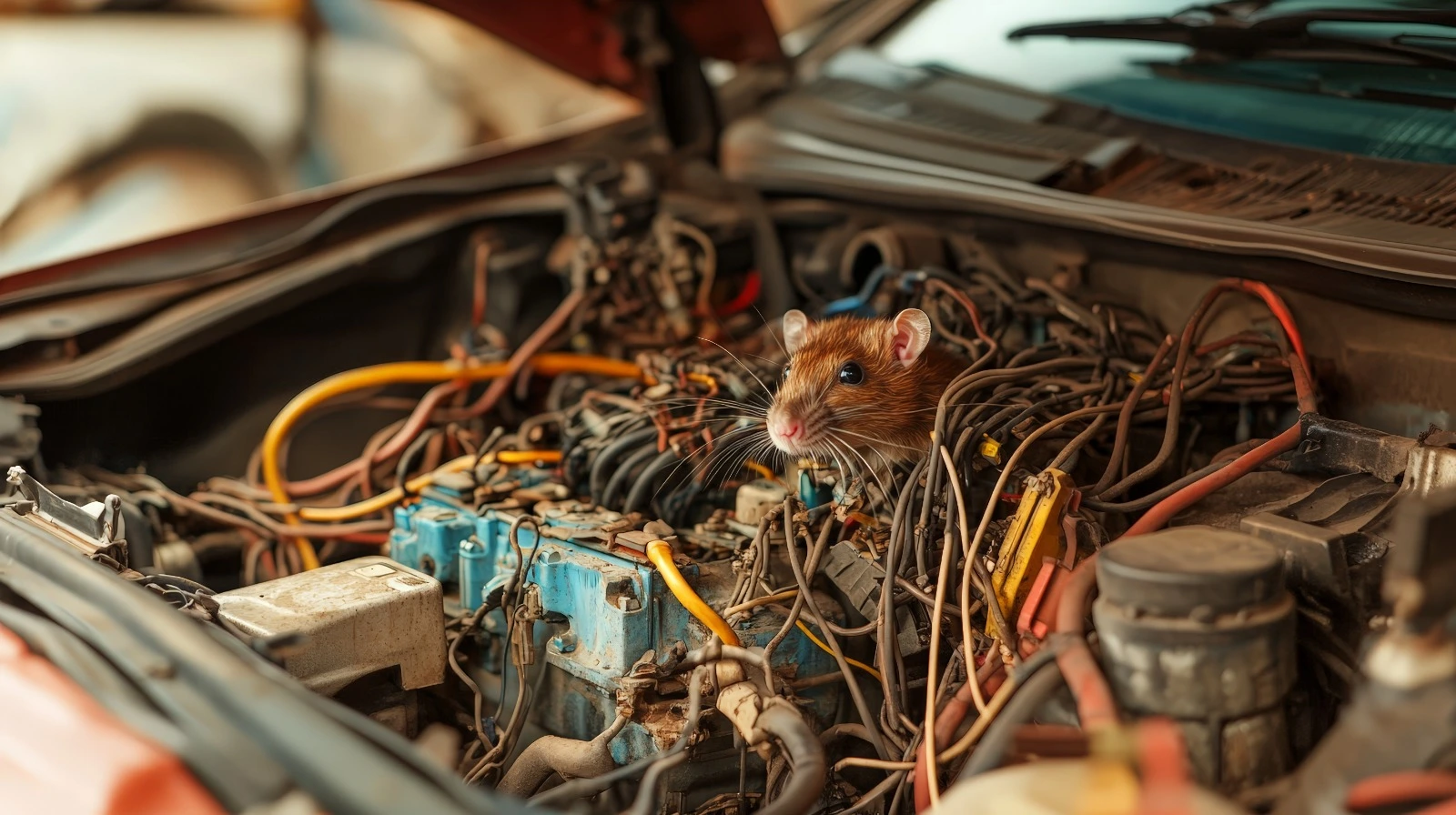
Table of Content
▼Your car is an essential part of your life and you should treat it with care. But if you have a busy schedule, it's easy to overlook the simple maintenance your car needs to stay up and running. The advantage is that you can follow some simple tips to keep your car in great shape and maintain its resale value.

Top 9 car care tips
Whether your car is new or old, you can keep it in exceptional condition by giving it the treatment it deserves. Here are some car care tips to get you started:
1. Clean your vehicle regularly
Schedule routine wash and waxes for your ride once every six months to maintain the paint job and prevent road salt corrosion on your vehicle's undercarriage if you live in a cold climate. You can also do it yourself to save money. Either way, you want to keep your car’s appearance in tip-top shape, so it won’t affect the value when it’s time to sell.
2. Get routine maintenance
All vehicles have a suggested routine maintenance schedule based on mileage. You can find it in the manual or request it from the dealership.
Most cars require routine maintenance every 5,000 miles or six months, but some let you go even longer between services. Mechanics perform the oil and multi-point inspections to ensure that the vehicle is running properly and that no worn items, like air filters or windshield wipers, need to be replaced. The mechanic will also check your car's fluid levels and let you know if there are any problems that require another check.
3. Do not skip major services
When it's time for a tune-up, you'll likely need to swap out the old parts with new ones. These include spark plugs, oil filters, fuel filters, PCV valves, belts and hoses. The longevity of these items depends on the make and model of your car. Consider requesting cost estimates from the service department before tune-ups are needed so you will be prepared.
4. Get your brakes checked
Although there's no standard for how often you should check your brakes, Autonexa.com recommends doing so every time you rotate your tyres or every six months.
However, if you notice a change in your brakes while driving, it is best to have them checked as soon as possible.
5. Check fluid levels often
Set one day every month to check your fluid levels and mark it on your calendar. It will only take a few minutes of your time and you will be able to create a handy checklist so you know what to do when the time comes.
Make sure to include engine oil, coolant, power steering fluid, and windshield washer fluid. You should also check your brake fluid and transmission fluid at least twice a year, preferably every six months.
You can wait until it is time to change the oil to check the fluid levels. However, low fluid levels may indicate major problems with your car. Plus, you'll likely spend more money later on repairs if problems aren't discovered.
6. Pay attention to the tread of your car's tyres
Low tread on your tyres puts you at risk of losing control of your vehicle, especially when driving in rain, sleet, or snow. But there are two simple and inexpensive ways to monitor your tyre tread. You can buy a tread depth gauge or use a penny.
If you choose the latter, insert the penny upside down into the tread with Abraham Lincoln's face looking outward. If your Lincoln's head is fully visible, you probably need new tires, but you should take the car to a tyre dealer dealer to confirm
7. Keep your car tyres inflated
Proper tyre inflation contributes to vehicle safety and optimal fuel efficiency. If you have a new car, you'll likely get an alert on your dashboard when your tyre pressure is low. But if this feature is not available in your car, purchase a tyre pressure gauge to monitor the air levels in your tyres.
Check the sticker located directly inside the driver's door pillar to ensure the proper inflation levels for your vehicle. If the pressure is low, inflate the tyres to the correct level.
8. Do not ignore leaks, sounds or smells
Is there fluid on the ground from your car? Does it make weird noises when you start the engine, accelerate, turn a corner, reverse, or sit at a traffic light? Are there strange smells coming from your car that you can't identify?
These signs should not be ignored, as they indicate that your car may need repairs. But if you ignore it and postpone the investigation, you may spend several hundred or thousands on repairs later.
9. Pay attention to alerts
Whether the dreaded check engine light that pops up or some other icon you've never seen before, don't ignore it. Instead, check your car, trying to communicate that something is wrong. Even if it's not a big deal, it's better to be safe than sorry.
Bottom line
Depending on the make and model of your car, the cost of maintenance may have a slight impact on your wallet. However, being proactive and performing preventative maintenance can save you a fortune and extend the life of your car.
Also Read: RecycleKaro and Bajaj Auto form partnership for EV battery recycling
Deepika Chauhan
Auto Care Specialist & Vehicle Maintenance Advisor Deepika Chauhan is a car care expert with 8+ years of experience in authorized service centers and independent garages. Her articles focus on DIY maintenance, service schedules, and tips that help car owners keep their vehicles in top condition.



_1770807147.webp)

